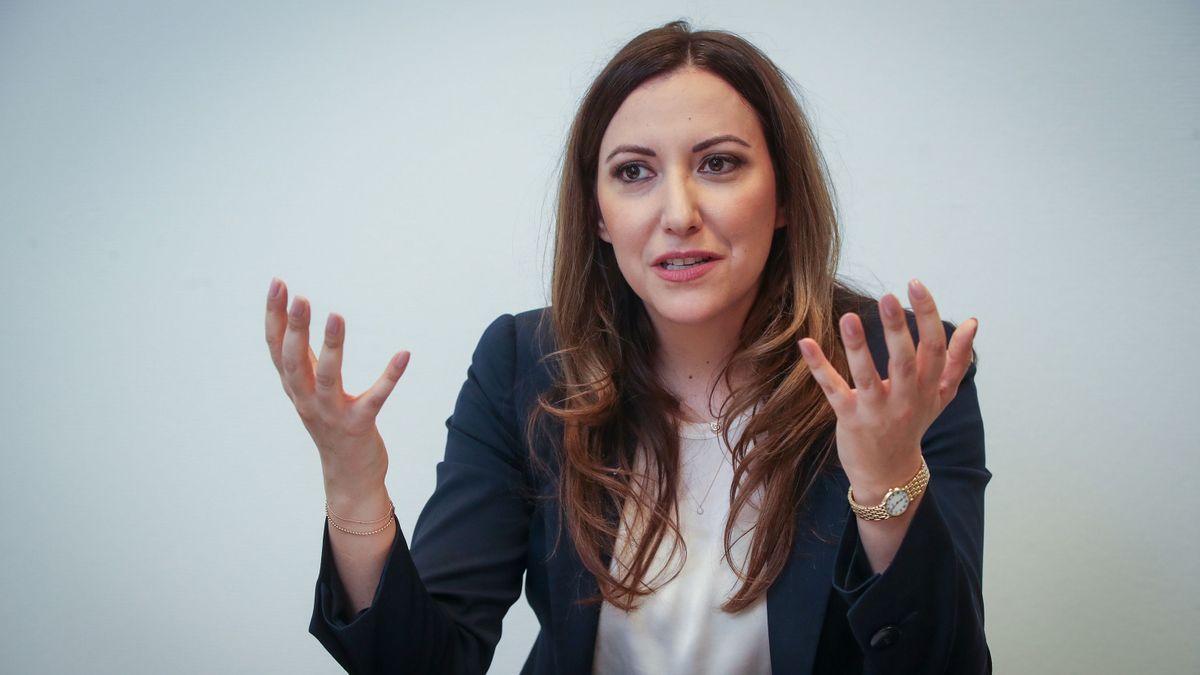The recently adopted EU asylum and migration pact, which will only enter into force in 2026, brings little improvement to the migration crisis and is years behind in development, which means consistent external border protection is key, argues Austrian MEP Petra Steger. She notes that more and more EU countries are realizing Hungary was right and migration policy needs to be completely revamped.
“Nine years ago, then-German Chancellor Angela Merkel gave hundreds of thousands of illegal immigrants the green light to enter Europe. Since then, the situation has barely improved, with 8 million people immigrating to Europe under the pretext of asylum. The majority of them are still here in the EU, although many do not need protection,” wrote Steger, who belongs to the Austrian Freedom Party (FPÖ), in an opinion article for Austrian news outlet Exxpress.
Despite the problems facing Europe wrought by mass immigration, the failed Dublin system was continued for years.
“The recently adopted EU asylum and migration pact, which will only enter into force in 2026, brings little improvement and is years behind in development. There can be no question of consistent external border protection that would deter economic migrants from their travel plans,” wrote Steger.
According to her, this is precisely why more and more member states are turning their backs on the EU’s refugee policy. Denmark was the first country not to participate in the Dublin system. The Netherlands and Hungary -—both countries with patriotic governments — now also want to leave the EU’s migrant system.

She further notes that dissatisfaction is increasing in larger and more important countries for the EU.
France wants to renegotiate the asylum and migration pact and has made the return directive the focus of its criticism. Border controls have recently been introduced in Germany, but police say they are not having the desired effect, with migrants continuing to arrive and most of them still being allowed into the country.
The debate on the EU’s asylum policy could eventually morph into a mass withdrawal of the EU states from the European migration rules, which would come to the detriment of Austria. In the future, the refugee chaos will be managed at the European level by Austria’s Magnus Brunner of the Austrian People’s Party (ÖVP), who was entrusted with the agenda of migration affairs in the EU commission.
“It is therefore feared that the ÖVP will continue to stand in solidarity with the EU’s flawed refugee policy,” noted Steger, who believes that the ÖVP can only be persuaded to keep its election promises in a government led by a conservative, right-wing party.
According to the FPÖ MEP, in order for Austria – and all other EU states – to be successful, external border protection should be created and effective repatriation agreements should be concluded with the countries of origin of rejected asylum seekers.
“Otherwise, the EU should withdraw as much as possible from the refugee policy of individual states, or at least make it possible for those who no longer want to participate in this madness to do so,” stated Steger.
Brussels has not learned from its mistakes
The FPÖ politician also recently gave an interview to Hungary’s Magyar Nemzet where she explained that Austria is also seriously affected by migration. She said that last year, “we received approximately 70,000 illegal immigrants, and the year before that this number was 110,000.”
“This is an incredible burden, not to mention the fact that it also poses a huge security risk to our own population. We cannot control who comes into the country, and these may include dangerous people, terrorists, Islamists and many others. For this reason, we are also experiencing a huge wave of crime in Austria. Now we have to read almost every week in Austrian newspapers about young women being raped or killed,” said Steger at the time, adding that Hungary is a strong partner in the fight against illegal migration, and the European Union could be as well.
According to her, the people of Brussels have still not learned anything from the migration crisis of 2015. She noted that Europeans must arrive at an effective system to stop this migration across many continents. This means that the right to asylum must be restored to its original form, which was always temporary protection and above all related to neighborhood assistance.
“If there are problems in African countries, then the neighbors of that country should primarily provide help. If there are problems in an Arab country, the neighboring Arab states should primarily help. First of all, it is necessary to make it clear to immigrants that it is in vain for them to leave for Europe if they do not have the right to asylum,” Steger argued.






